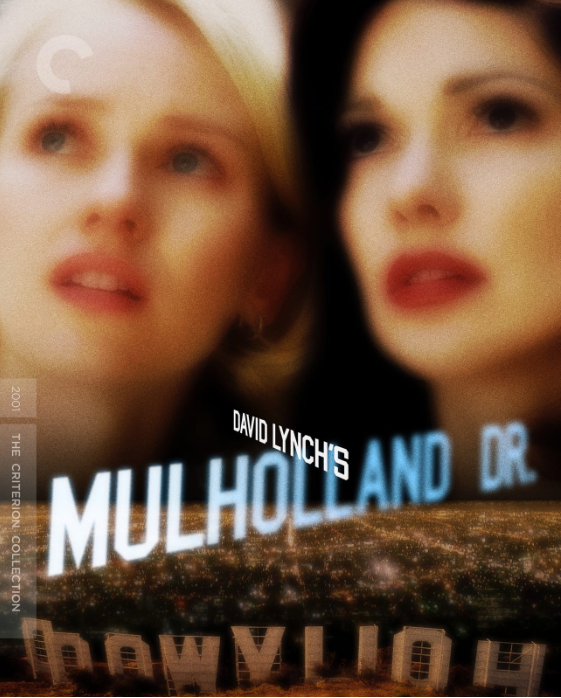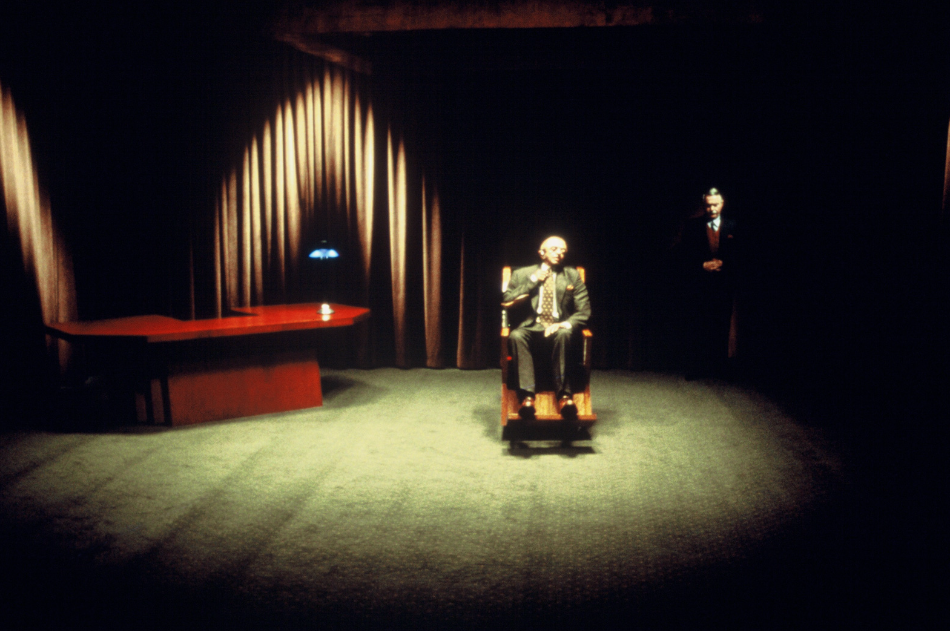MAD MAX: FURY ROAD (2015)
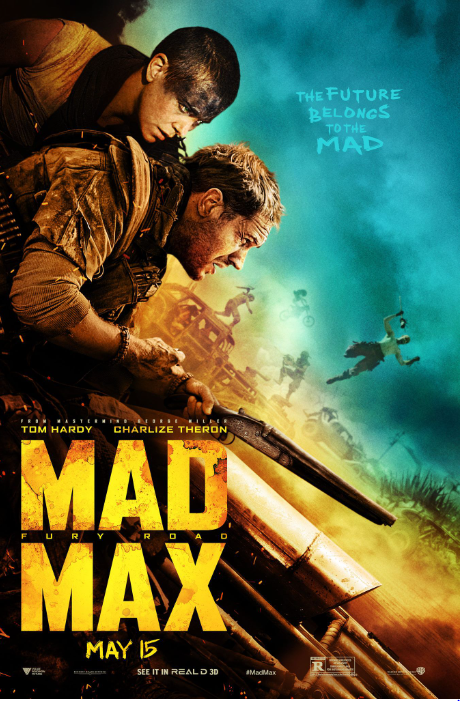
George Miller’s 2015 Mad Max is the forth instalment in the franchise and pairs visually striking cinematography with fast-paced editing which keeps the momentum of the movie continuous and spontaneous. ‘Mad Max: Fury Road‘, whether it being consciously or sub-consciously, exhibits many influences from late German Expressionism. The stark and ghoulish make-up of the War Boys demonstrates clear similarities with early German expressionist character makeup, for example Cesare from ‘The Cabinet of Dr. Caligari‘ and The Cashier from ‘From Mourn to Midnight‘.
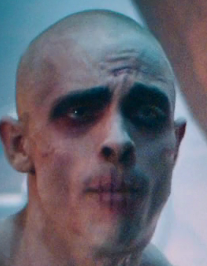


Clear influences can also be seen in the over-exaggerated settings, expressive character types and visually telling costume choices. The setting design in Mad Max offers connotations of German expressionism through its’ purposeful and dramatic nature, often visualising the turmoil and agitation which saturates the characters’ thoughts and actions. Many shots from cinematographer John Seale feature aspects of the set obscuring the view of the characters or acting as a visual barrier between character and audience; this use of setting and blocking of the characters as a storytelling device (highlighted in pictures 1 & 2 down) reminisces techniques of German expressionism where the relationship between setting and character are used to further accentuate key themes or character elements.

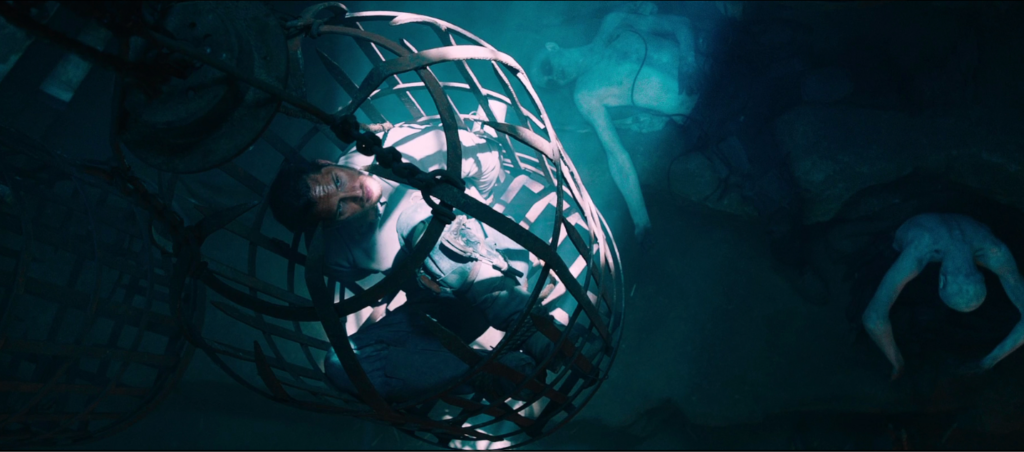
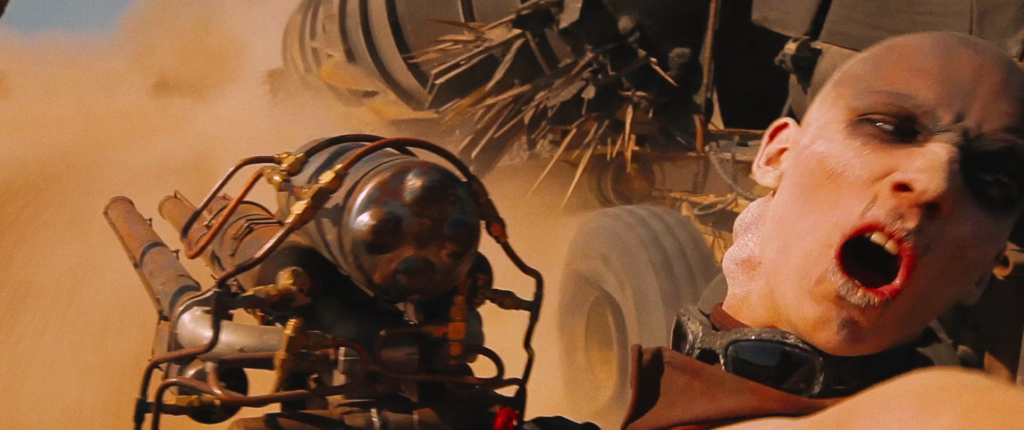
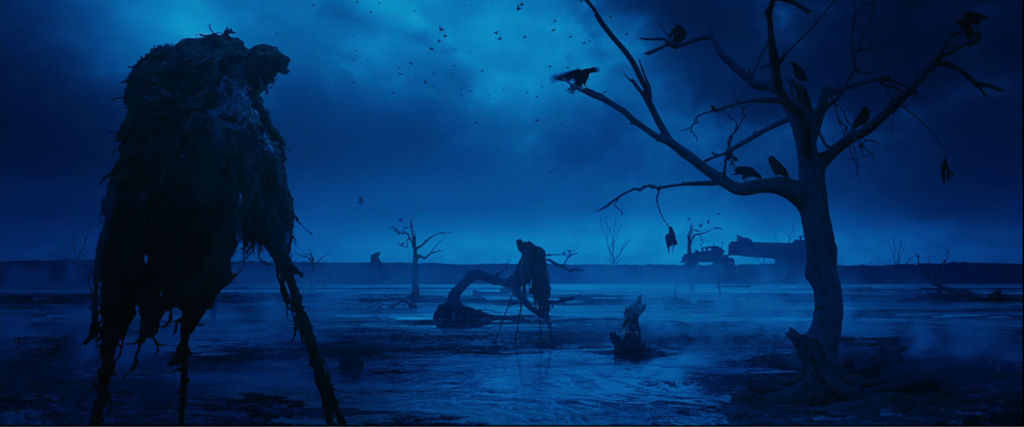
MULHOLLAND DRIVE (2001)
